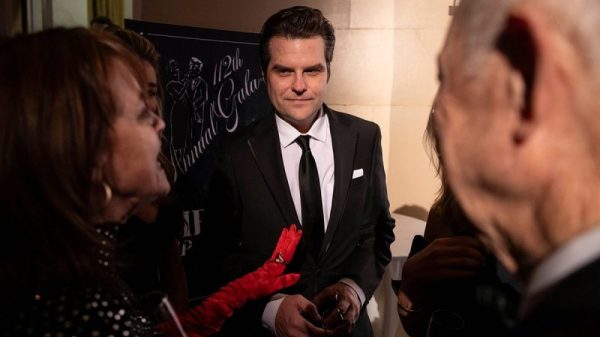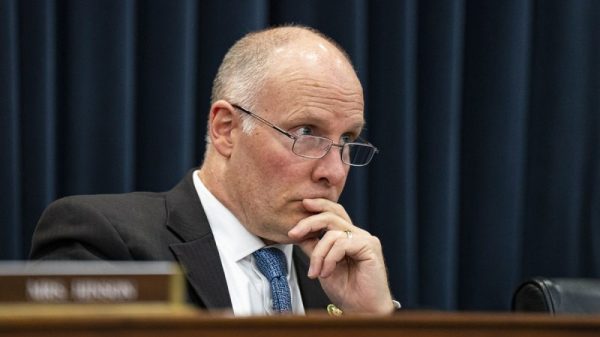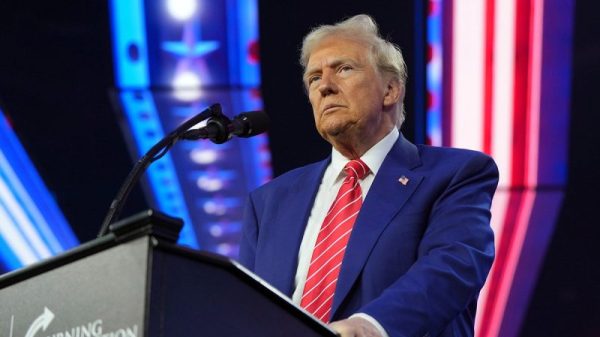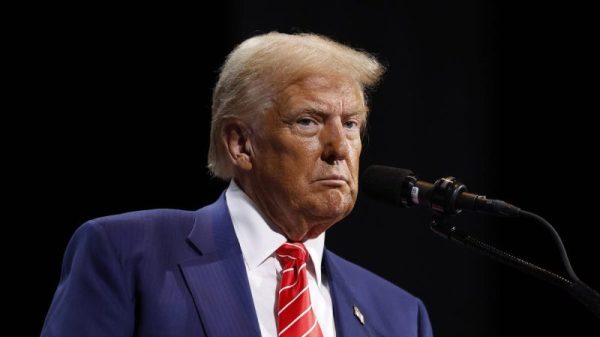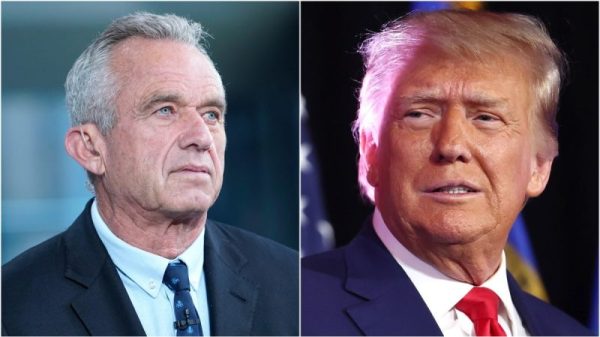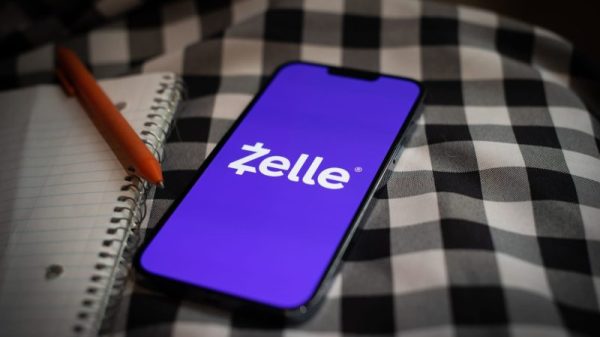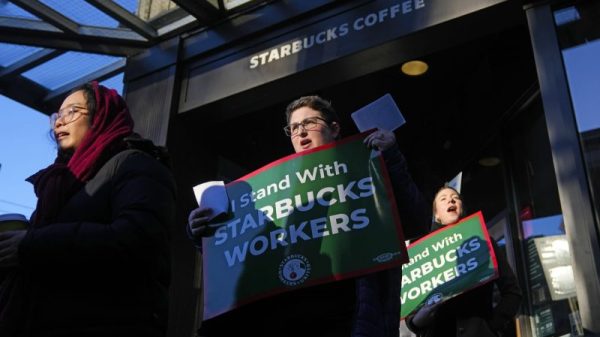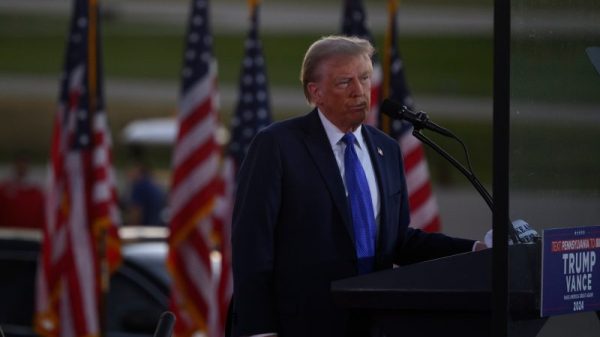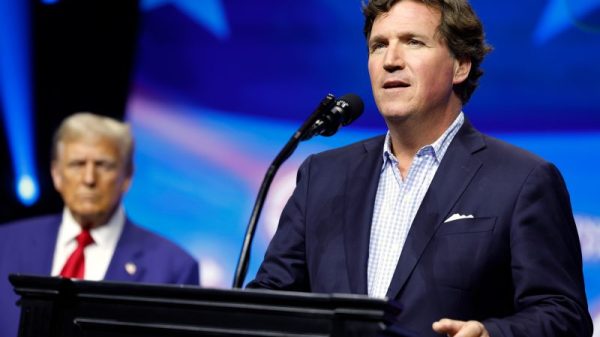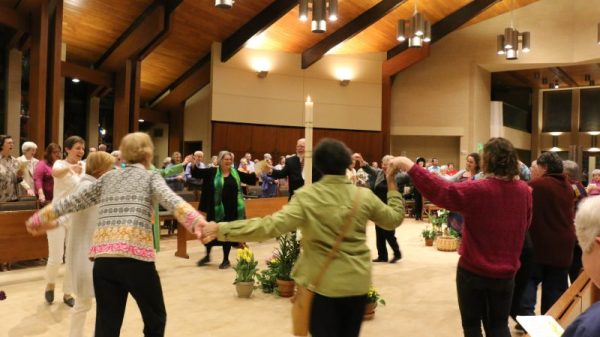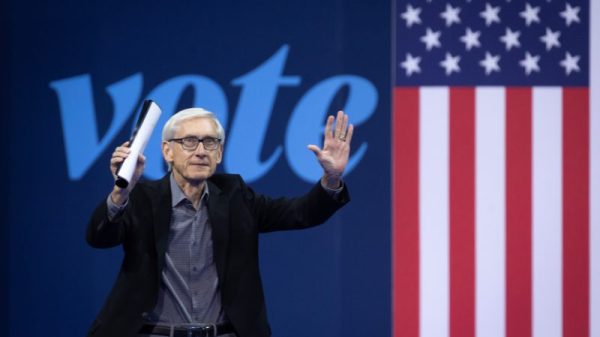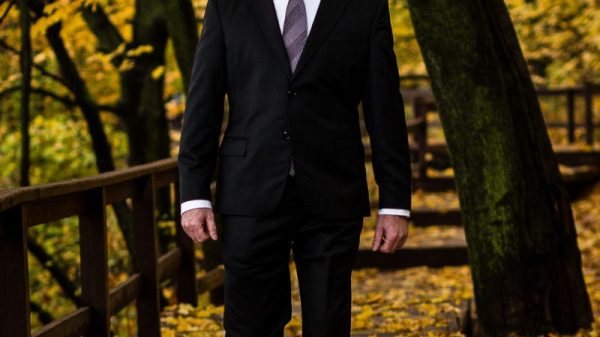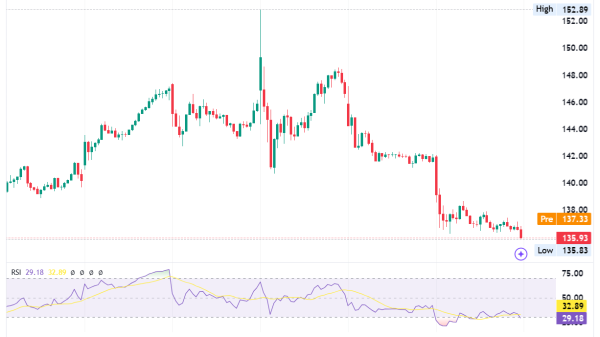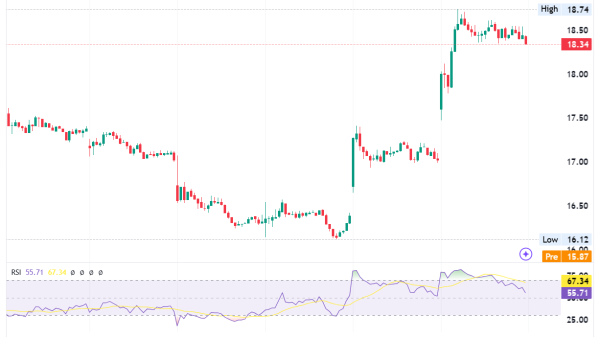Donald Trump is not understood to be a particularly religious person. When he launched his candidacy for the 2016 Republican nomination, he would insist that the Bible was his favorite book (edging out “The Art of the Deal”), although he was unable to identify a favorite passage or, at times, demonstrate much familiarity with it. As president, he rarely went to church — one exception being when, on June 1, 2020, he strode across a newly cleared Lafayette Square to pose outside St. John’s Episcopal Church holding a Bible.
This is most obviously how Trump’s life intersects with religion: He understands that it is a motivation for Americans, particularly Americans who are inclined to support him politically. During a speech in Iowa in January 2016, he lamented that “Christianity is under tremendous siege” and pledged to be the religious right’s champion in office. Which, for the most part, he very much was.
There was a flip side to this, too. It wasn’t just that Christians were imperiled, it was that people of other religions were inherently dangerous. He leveraged the existence of the Islamic State and terrorist attacks in France and San Bernardino, Calif., to cast Muslim immigrants as dangerous; in December 2015, he proposed a ban on Muslim migrants. It was typical of the moment: sparking a huge outcry (including from his eventual vice-presidential pick) and seeming as though he’d crossed an uncrossable line. But the Republican electorate drew no such line, and Trump, as president, tried to figure out how to make his promise a reality.
By now, there is no surprise inherent when Trump and other candidates for the 2024 Republican nomination paint non-Christians with a broad, defamatory brush. For example, Florida Gov. Ron DeSantis (R) argued that not all refugees from the Gaza Strip support Hamas, the group that launched terrorist raids into Israel this month, but “they are all antisemitic. None of them believe in Israel’s right to exist.” This is not true.
Trump, speaking in New Hampshire on Monday evening, went further, as he is wont to do.
“On Day One, I will immediately restore and expand the ‘Trump travel ban,’” he pledged to the cheering crowd. He interrupted his prepared remarks for a riff about how his opponents tried to stop his ban in the courts, which they did successfully to an extent. Then he continued: He would also “halt all of the refugee settlements to the United States.”
“They want to come and they want to bring — the same people that are shooting rockets at Israel, they want to come into the United States,” Trump said. “I don’t think a lot of good things are going to happen.” This, too, is not true; as Nikki Haley, a former U.S. ambassador to the United Nations, said in response to DeSantis’s comments, American immigration policy includes recognition that “you can separate civilians from terrorists.”
Then Trump again expanded his rhetoric.
“I will implement strong ideological screening of all immigrants,” he said, reading from the teleprompter. “If you hate America, if you want to abolish Israel,” he continued, apparently ad-libbing, “if you don’t like our religion — which a lot of them don’t — if you sympathize with the jihadists, then we don’t want you in our country and you are not getting in. Right?”
The crowd cheered enthusiastically. Trump vamped: “We don’t want you! Get out of here! You’re fired!”
This is not sophisticated political rhetoric; quite the opposite. It’s demagoguery. But it is also revealing. After all, what is “our religion” in this nation built by people seeking freedom of religious expression? We all know the answer, but let’s explore the question as if we don’t know.
The Public Religion Research Institute’s annual assessment of American religious identity shows that about two-thirds of Americans are Christian. About a quarter are religiously unaffiliated — most of them not religious at all.
Religious identity, and particularly Christian religious identity, is more common among Republicans. But that religiosity has slipped since 2006. Then, about 94 percent of Republicans were Christian. Now, about 85 percent are. The percentage of Republicans who are religiously unaffiliated more than doubled over that time.
Younger Americans are less religious than older Americans, contributing to the sense (exploited by Trump) that the country is moving away from the traditions in which older Americans grew up. But most young Americans still are Christian.
This is all Trump is getting at. “Our religion” — the religion of those in the room at his event — is right-wing, often evangelical Christianity. In 2020, the density of White Christians in a county was a very good indicator of whom voters in the county supported.
But let’s take this one step further. Is “our religion” simply right-wing Protestantism? Are Catholics included under Trump’s religious umbrella? Where is the line drawn?
There were fewer than 60,000 immigrants from Palestinian territories living in the United States in 2020, according to data presented by the Migration Policy Institute. By contrast, there were 2.7 million immigrants from India, where 80 percent of the population is Hindu. Will a second Trump administration turn away immigrants from the world’s most populous country as well? What about Eastern Orthodox Christians from Ukraine?
Parsing Trump’s comments is excessive, of course; as stipulated, we know what he means. He means that certain categories of people are inherently dangerous and unacceptable: Hispanic people coming to the United States across our southern border, Arab people who are fleeing violence in the Middle East. He is saying, once again, that he will defend American Christians against perceived threats — threats that might be framed in vague religious terms but which are not fundamentally religious.
Trump is saying, once again, that he will serve as a backstop against an erosion of power felt by a subset of Americans. He is telling those Americans — White Christian conservatives — that he will make them the focus of America’s protective power.
The crowd supported this idea enthusiastically.

